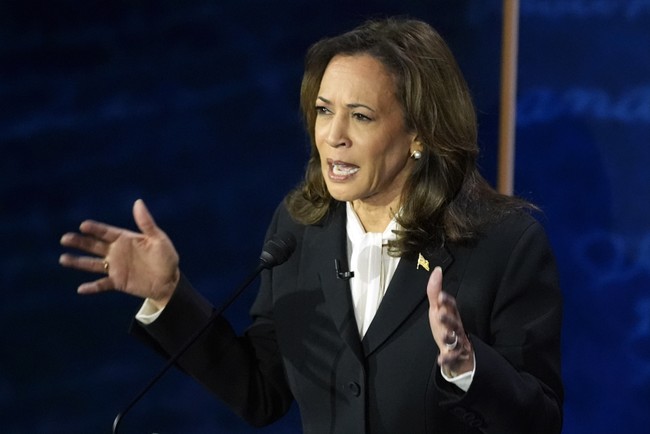
spectator.org
The Rings of Power Has ChatGPT Syndrome
Season two of Amazon’s mega-funded The Rings of Power isn’t good. Season one wasn’t good, either, and despite having two years to correct the problems, the show continues to feel like the furthest thing from what J. R. R. Tolkien would have wanted. I can hear Tolkien thundering from across the pond, punching up through the earth to try to stop the abuse.
The writers for this show made a lot of mistakes. There are too many characters, and the writers haven’t given us much reason to care about any of them, let alone feel invested in any of the narrative threads.
For me, though, the show’s central flaw is the dialogue. It was the main issue in the first season, and it continues to be so in the second as well.
When characters speak, it often feels contrived and overly serious, with mixed metaphors and clichés that would drive Tolkien, the linguist who had the genius to invent his own languages, absolutely mad.
Here are some of the worst offenders:
Galadriel, talking with fellow elf Elrond about how Halbrand (really Sauron in disguise) deceived her from seeing his true form, says, “He played me like a harp, but the melody was not of my choosing.” The line is long-winded, using 14 words where three would suffice: “I was deceived!” Then there’s the delivery. Morfydd Clark speaks the simile with such an aura of solemnity that it feels unnatural, forced, like bad role-playing in a game of D&D.
Another line, which the Elf high king Gil-Galad speaks, “Like an ember that has been too long removed from a fire, our people must return to their home.” Again, the line itself is sort of cheesy, and it’s a bit of an odd metaphor (do embers need to go home or just burn out?), but this time, the actor, Benjamin Walker, speaks with little more life than a stone.
Essentially, though, the writers of this show don’t seem to be letting the meaning of the language guide the dialogue. This is a flaw in some fiction, too, where “sounding romantic” becomes a higher priority than actually having the characters say romantic things that feel true to experience.
In Tolkien’s novels, characters aren’t always so internally conflicted as they are in The Rings of Power. The good guys, most of the time, are simply good. Yes, the characters are vulnerable to corruption, but the heroes’ primary modes are toward goodness and nobility. Tolkien isn’t afraid to affirm the reality of moral goodness, as well as the foreboding presence of actual evil.
In The Rings of Power, on the other hand, I struggled to find characters who served as examples of virtue. It’s not clear that the good guys are good. In fact, it’s made explicit in the show that Galadriel is called toward darkness. As a result, she’s constantly restless, torn between her desire to hunt Sauron down and the guilt of knowing that she let the dark lord deceive her.
Maybe these internal struggles like Galadriel’s are an attempt to modernize the characters and make them more relatable. In any case, what’s lost amid the heavy-handed dialogue and characters’ constant moral agony is the original flavor of Middle-earth.
The dialogue in The Rings of Power is akin to the creations of AI language systems like ChatGPT. ChatGPT knows how to sound human, but it can never understand the meaning of the human language it generates. It can gesture and simulate, but it can never truly symbolize and communicate. Similarly, the writers of The Rings of Power choose dialogue that sounds serious, deep, and grand, but with no substance undergirding the words, they sound trivial and frankly ridiculous.
The Rings of Power is trying to replicate the grandeur of Tolkien’s world, but the writers’ focus is on creating a dramatic effect, not the moral and imaginative foundation that made Middle-earth come alive in the first place. They want you to feel something without earning it. They want the emotional payoff of people going on journeys but have characters magically teleport all over Middle-earth in no time at all. They expected the audience to reward the show as a product of enormous investment. Clearly, the show took effort. Many scenes are stunningly beautiful, and the effects and CGI are remarkable too. However, when it comes to the meat of the story — the characters and their relationships — the show falls short.
Reading Tolkien’s book and its appendices, which is surely what the author intended anyway, is still an option.
Peter Biles is a writer and contributor for Young Voices. A novelist as well as an essayist, he is the author of three books, most recently the novel Through the Eye of Old Man Kyle. Follow him on X @biles_peter and read more at his Substack, Battle the Bard.
The post <i>The Rings of Power</i> Has ChatGPT Syndrome appeared first on The American Spectator | USA News and Politics.
















